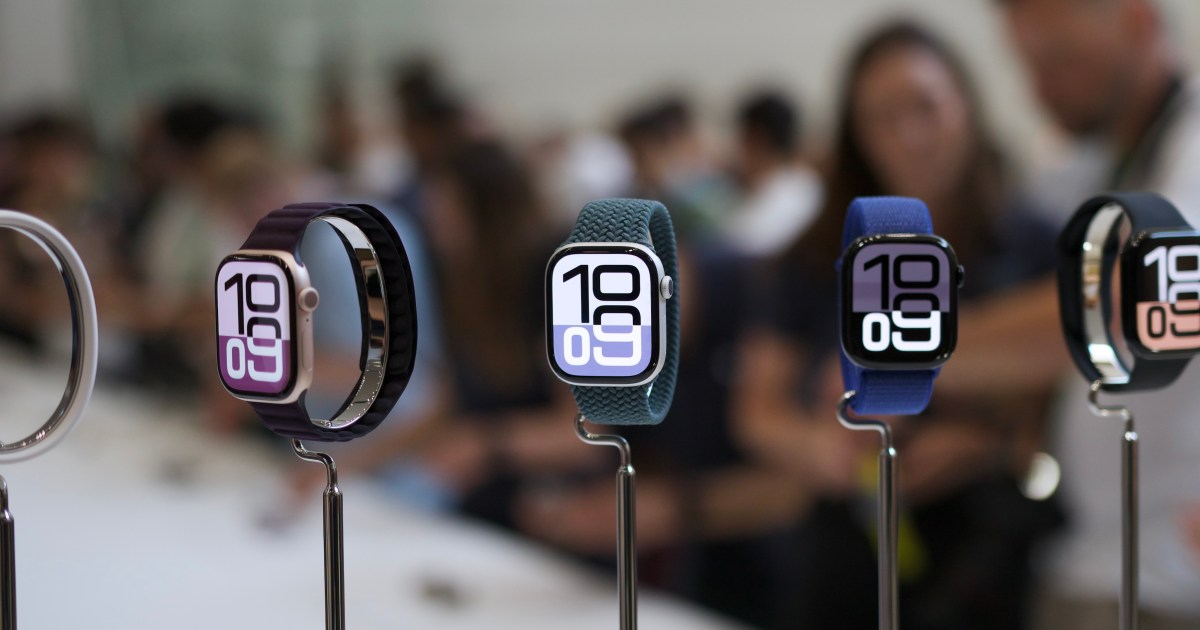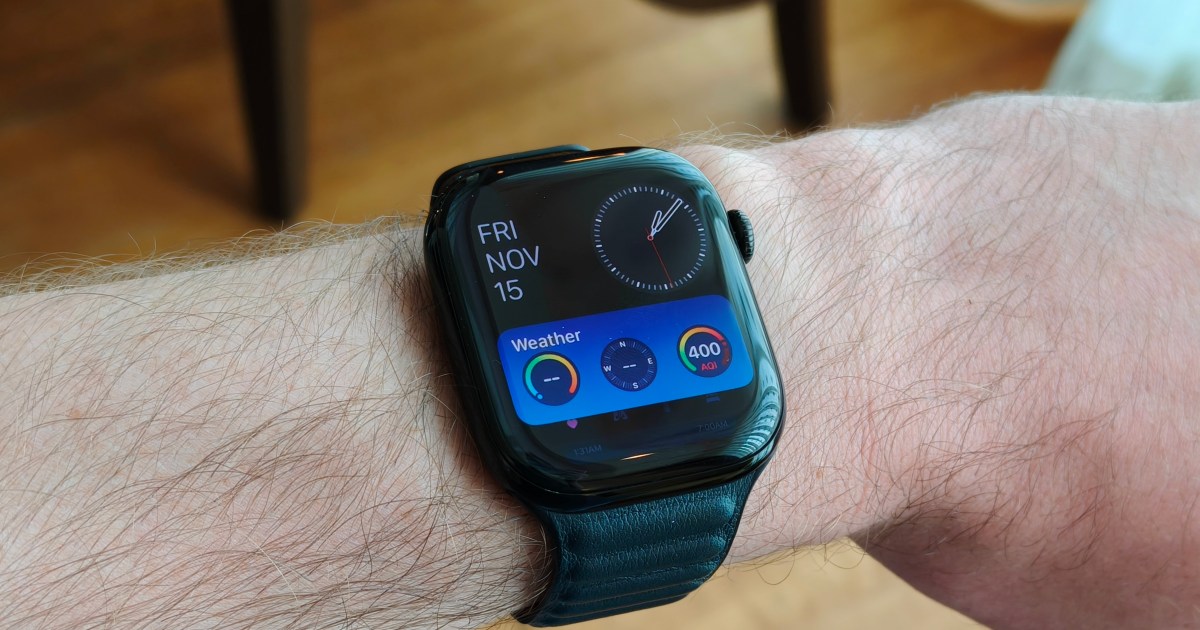The Apple Watch, like the iPhone before it, revolutionized the wearable tech market. From its initial unveiling in 2014 to the latest Series 10, the Apple Watch has evolved from a simple fitness tracker to a powerful health and communication device. Let’s explore the journey of the Apple Watch, highlighting the key features and advancements of each model.
The Evolution of the Apple Watch: Key Milestones
The Apple Watch’s journey is marked by continuous innovation, pushing the boundaries of wearable technology. From basic fitness tracking to advanced health monitoring and standalone communication, each iteration has brought significant improvements.
Apple Watch Series 0 (2015): The Pioneer
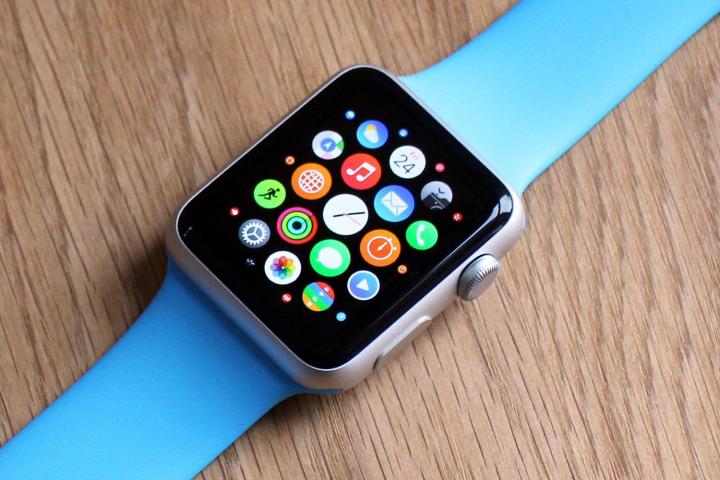
Announced in 2014 and released in 2015, the original Apple Watch was a groundbreaking device. It offered heart rate monitoring, fitness tracking, iPhone notifications, Apple Pay, and basic communication features. Despite its revolutionary features, the Series 0 was hampered by performance issues.
Apple Watch Series 1 & 2 (2016): Performance and Fitness Focus
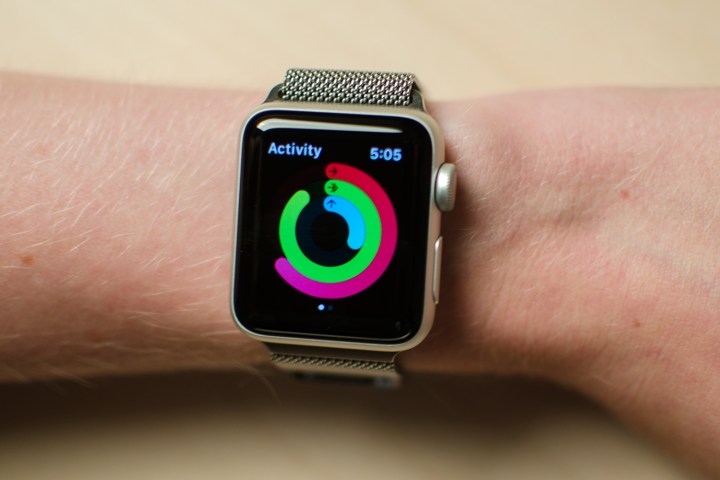
The Series 1 offered a performance boost over the original with a dual-core processor. The Series 2 introduced GPS, waterproofing, and the Breathe app, solidifying the Apple Watch’s position as a serious fitness companion.
Apple Watch Series 3 (2017): Cellular Connectivity Arrives
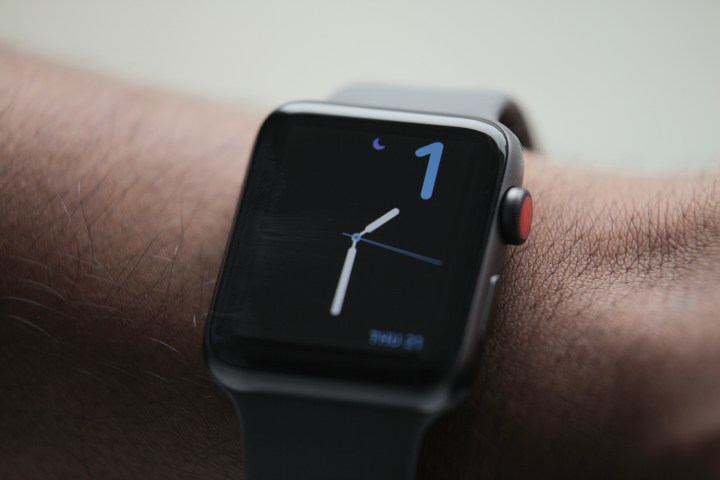
The Series 3 was a game-changer, introducing cellular connectivity for standalone calls and data. Powered by the S3 chip, it also boasted more RAM and a barometric altimeter for enhanced workout tracking. Siri also made its debut on the Apple Watch.
Apple Watch Series 4 (2018): A Larger Display and Health Monitoring
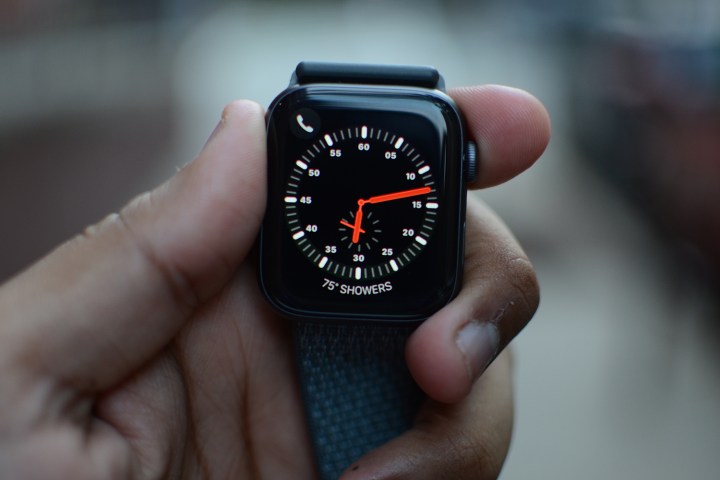
The Series 4 saw a significant design change with larger 40mm and 44mm displays. Crucially, it introduced ECG functionality and Fall Detection, marking a significant step towards advanced health monitoring.
Apple Watch Series 5 (2019): The Always-On Display
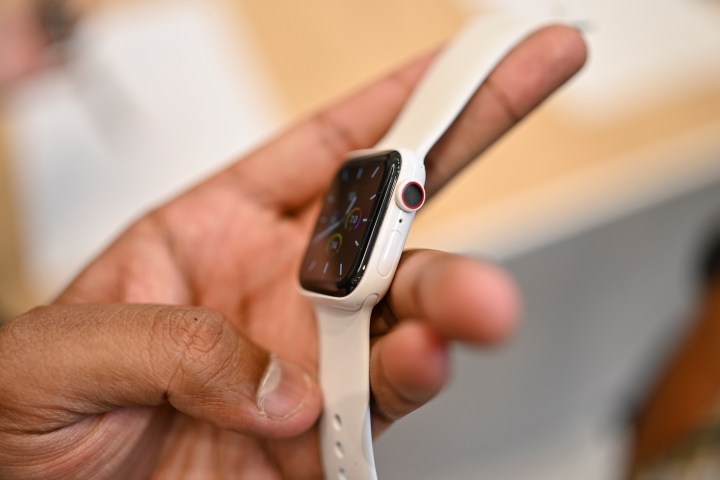
The Series 5 delivered the much-requested always-on display, enabled by LTPO technology. It also introduced a compass, increased storage, and offered titanium case options.
Apple Watch Series 6 & SE (2020): Blood Oxygen Monitoring and Budget Option

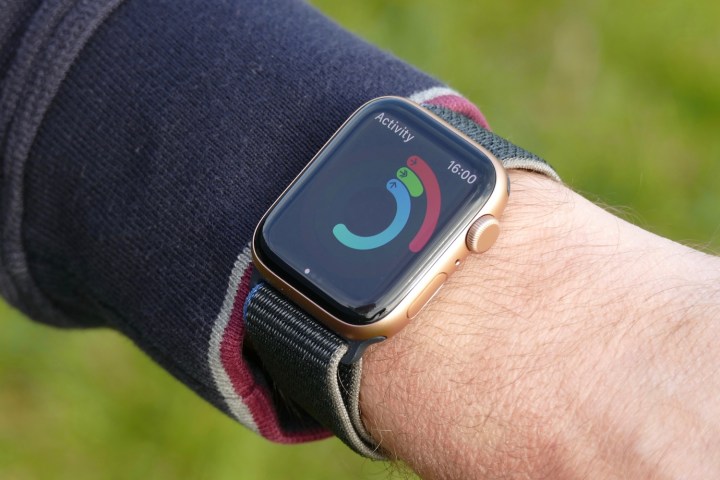
The Series 6 brought blood oxygen monitoring (SpO2) and improved sleep tracking. The Apple Watch SE provided a more affordable entry point, albeit with fewer features.
Apple Watch Series 7 (2021): Refined Design and Faster Charging

The Series 7 featured a larger, more wraparound display and significantly faster charging. An on-screen keyboard also made its debut.
Apple Watch Series 8, SE 2, and Ultra (2022): Expanding the Lineup

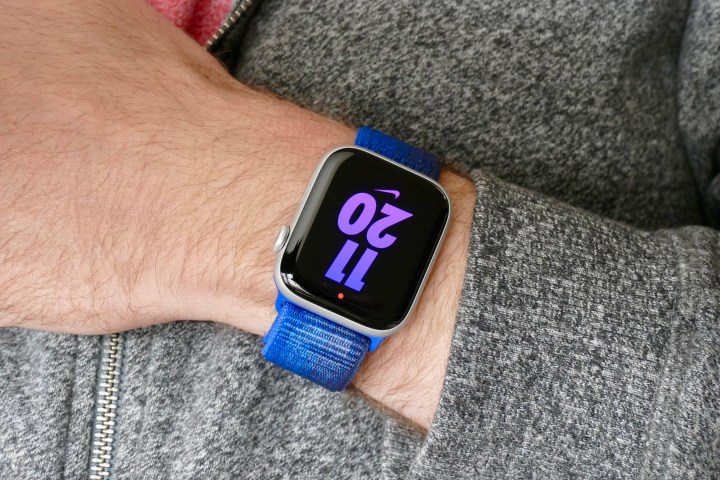
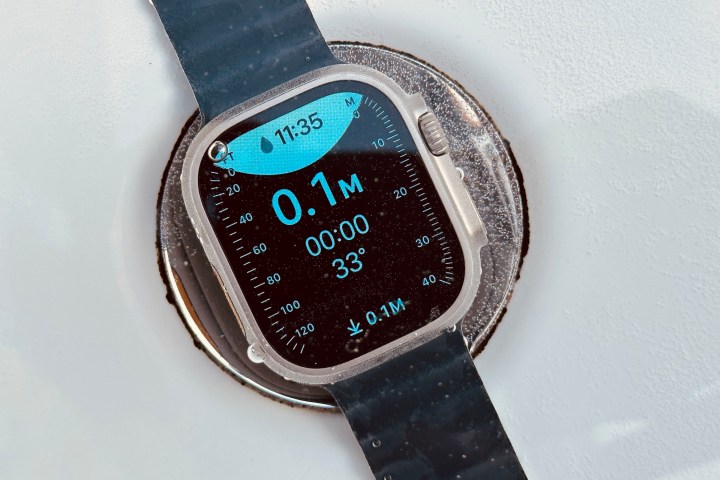
The Series 8 added temperature sensing and car crash detection. The SE 2 offered an affordable option with key safety features. The rugged Apple Watch Ultra introduced a larger display, titanium case, and advanced features for extreme sports.
Apple Watch Series 9 and Ultra 2 (2023): Performance and Brightness Boost

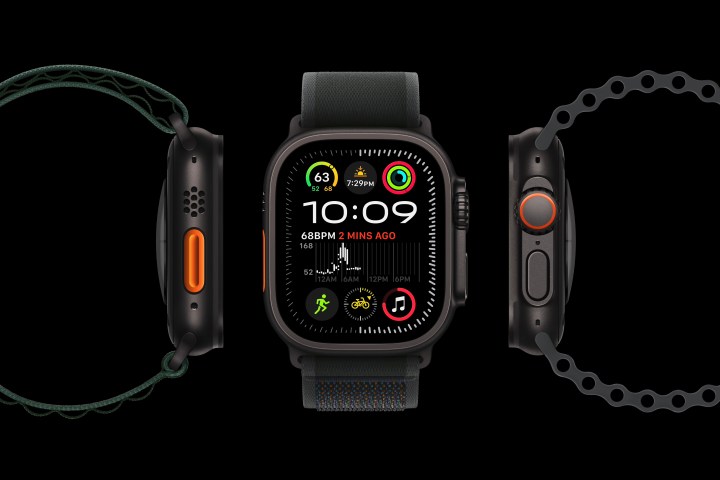
The S9 chip powered both the Series 9 and Ultra 2, enabling the Double Tap gesture and enhanced Siri functionality. The Ultra 2 boasted a brighter display.
Apple Watch Series 10 (2024): A Decade of Innovation

The Series 10 marks a decade of Apple Watch evolution. It features a thinner, lighter design, a new Jet Black aluminum finish, and a larger, brighter wide-angle OLED display. Faster charging further enhances the user experience.
Conclusion: The Future of Apple Watch
From its humble beginnings, the Apple Watch has become an indispensable device for many. Its evolution reflects Apple’s commitment to innovation in health, fitness, and communication. As we look ahead, the Apple Watch is poised to continue pushing the boundaries of what’s possible in wearable technology.



